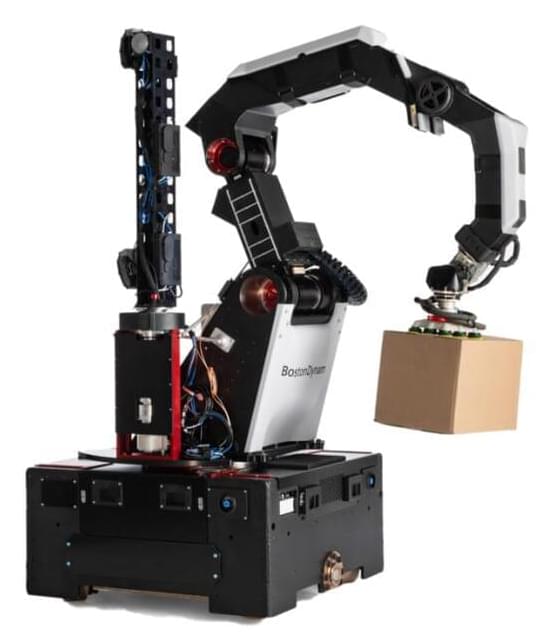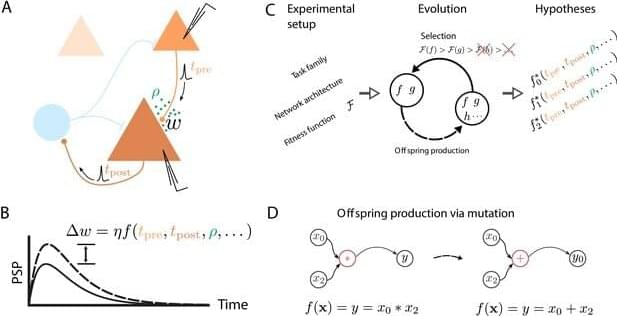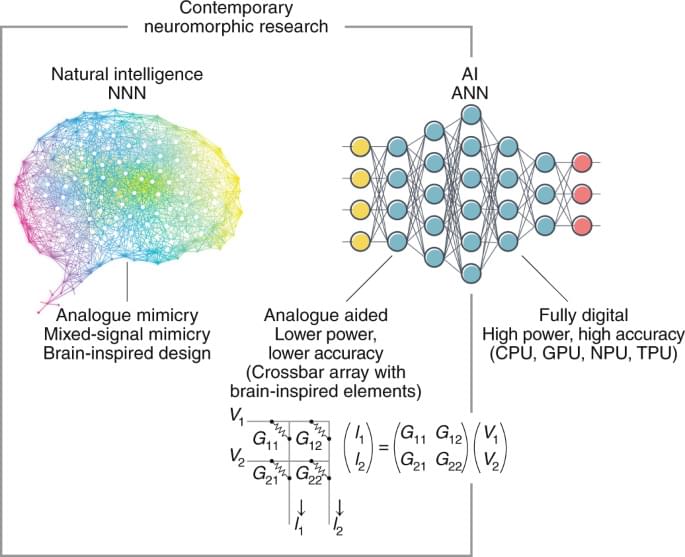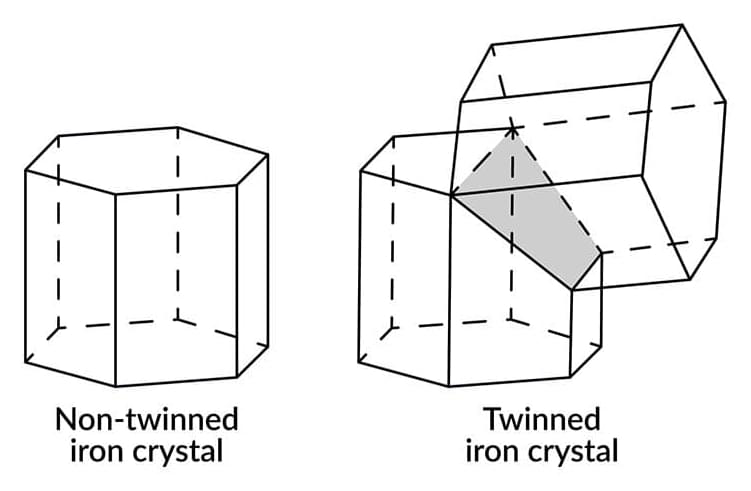Congress is making its biggest push ever to stop drunk driving with President Biden’s huge infrastructure bill. As we previously reported, one of the provisions included a mandate for anti-drunk driving technology in new cars. Now, the Infrastructure Investment and Jobs Act has passed Congress with the measure intact, Autoblog (AP) reports, and it’s expected to be signed by the President soon. As part of the legislation, carmakers will have to include technology to detect and stop drunk drivers by as early as 2026.
First, though, the Department of Transportation will have to determine the best solution to curtail intoxicated drunk driving. Specifically, the bill requires something that will “passively monitor the performance of a driver of a motor vehicle to accurately identify whether that driver may be impaired.” That sounds similar to infrared camera solutions already used today by GM, Nissan and others, Sam Abuelsamid, principal mobility analyst for Guidehouse Insights, tells the AP. It goes without saying that we’d need something more advanced than breathalyzers, which are already used as a punishment for convicted drunken drivers.
Around 10,000 people die every year in the US from drunk driving accidents, the NHTSA says. Now that we have smarter sensors and plenty of camera technology to monitor driver behavior, it makes sense to explore solutions that could help prevent those sorts of accidents. Within a decade, it should feel as commonplace as seatbelts.








